Organometallics, Organocatalysis and Bioinorganic Chemistry
Organometallic chemistry, which is formally defined as the chemical synthesis and reactivity of compounds bearing metal–carbon bonds, is a burgeoning field of study with a wide range of applications. Organometallic complexes, for example, are frequently utilised as catalysts in the manufacturing of commercial chemicals, materials such as polymers, as well as in fine chemical synthesis and medicinal chemistry research. Organometallic clusters have a multi-centered carbon-metal connection and the aggregation of numerous metal atoms. Organometallic receptors are still very important in molecular sensing chemistry.
Small organic molecules known as organocatalysts can catalyse processes in the absence of metals or metal ions. The word organocatalysis refers to the process of accelerating up chemical reactions by adding a substoichiometric amount of an organic component. The novelty of the concept, as well as the fact that the efficiency and selectivity of many organocatalytic reactions meet the standards of recognised organic reactions, has sparked a surge of interest in this sector during the last few years. Organocatalytic processes are proving to be effective methods for building complex molecular skeletons.
The biology of inorganic elements and compounds is the subject of bioinorganic chemistry. This includes studying the dynamics of metal ions in living systems, metalloprotein activity, and the use of inorganic therapies. The role of metals and nonmetals in biological systems is the subject of bioinorganic chemistry. Other than carbon, inorganic elements, particularly metals, are essential for biosystems to function. Photosynthesis, respiration, metal ion transport, enzymatic activity, and other biological processes are all covered under bioinorganic chemistry. It's a cutting-edge interdisciplinary science.
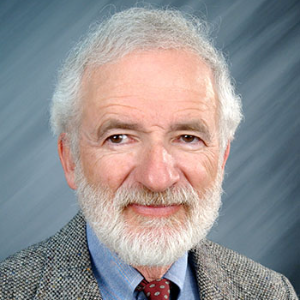
Arthur J Nozik
University of Colorado, United States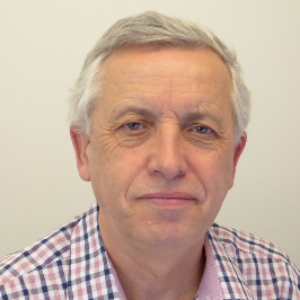
Stanislaw Dzwigaj
Sorbonne-Universite-CNRS, France
Haibo Ge
Texas Tech University, United States
Ashanendu Mandal
University Of Calcutta, India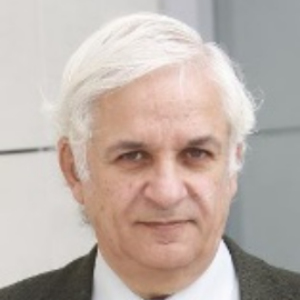
Victor Cerda
Sciware Systems, Spain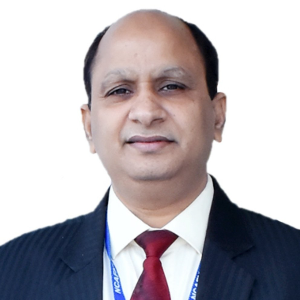
Tokeer Ahmad
Jamia Millia Islamia, India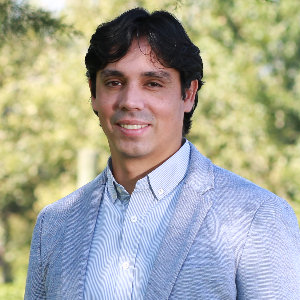


Title : Application of metal Single-Site zeolite catalysts in catalysis
Stanislaw Dzwigaj, Sorbonne-Universite-CNRS, France
Title : Designing of nano-sized heterostructures for hydrogen production using overall water splitting
Tokeer Ahmad, Jamia Millia Islamia, India
Title : United Nations’ strategy responding to climate change
Dai Yeun Jeong, Asia Climate Change Education Center, Korea, Republic of
Title : Thermal and mechanical processes and reactions in reversible behavior of shape
Osman Adiguzel, Firat University, Turkey
Title : An innovative magnetic resonance spectroscopic method for catalysts’ activities
Mohamed A Morsy, King Fahd University of Petroleum & Minerals, Saudi Arabia
Title : Engineering stable, expressible, functional industrial enzymes with protein sequence likelihood models
Shawn Reeves, University Of Waterloo, Canada